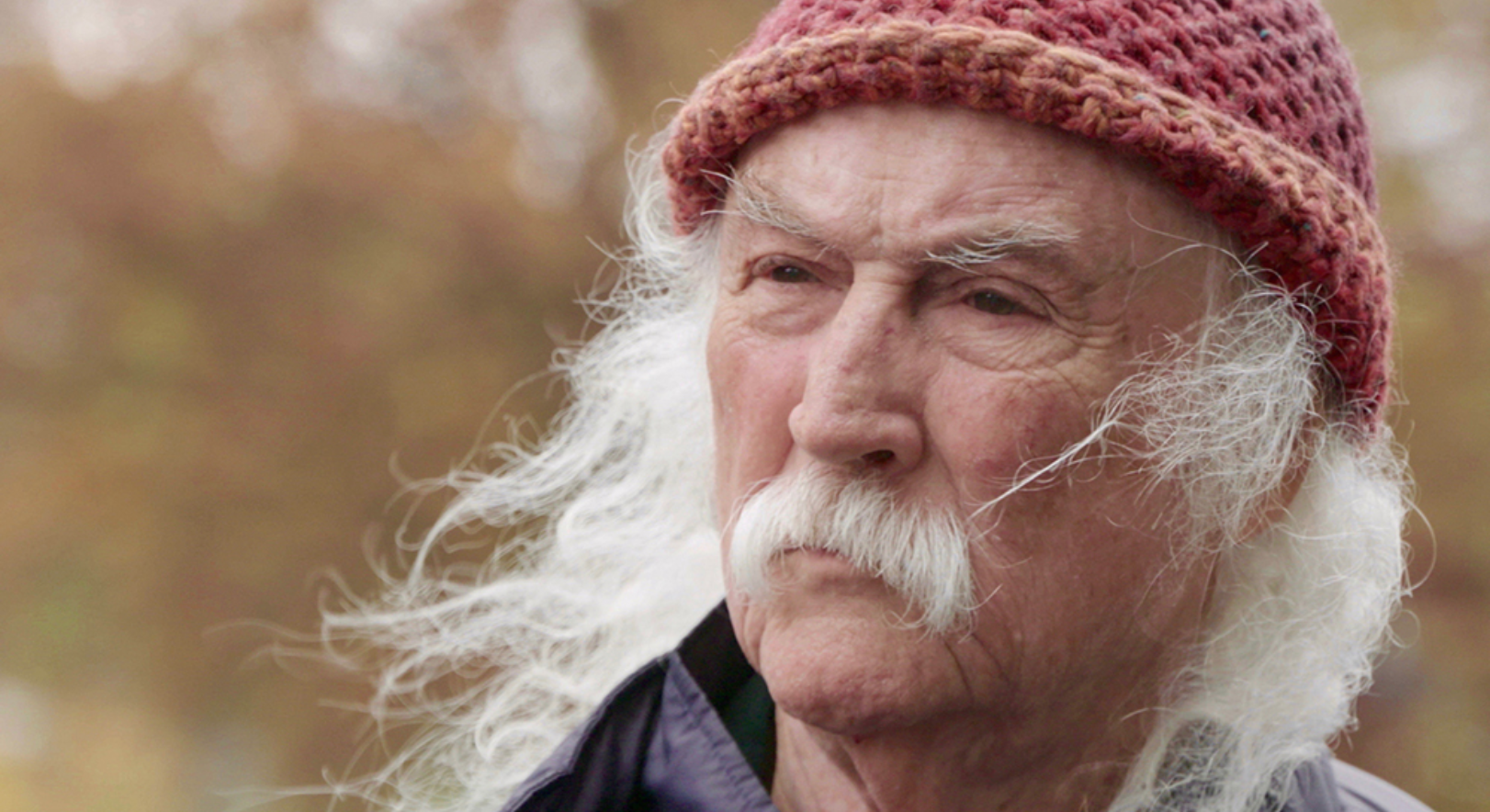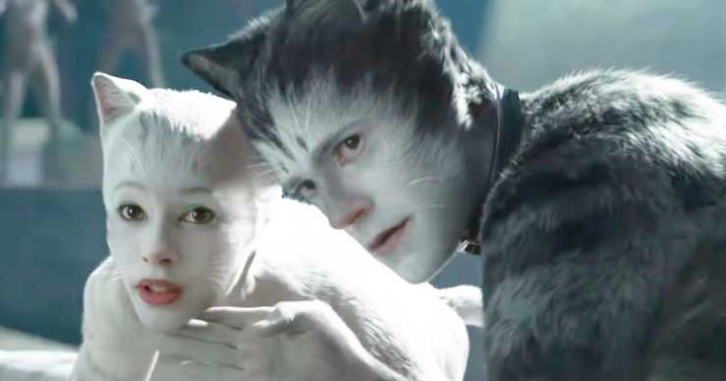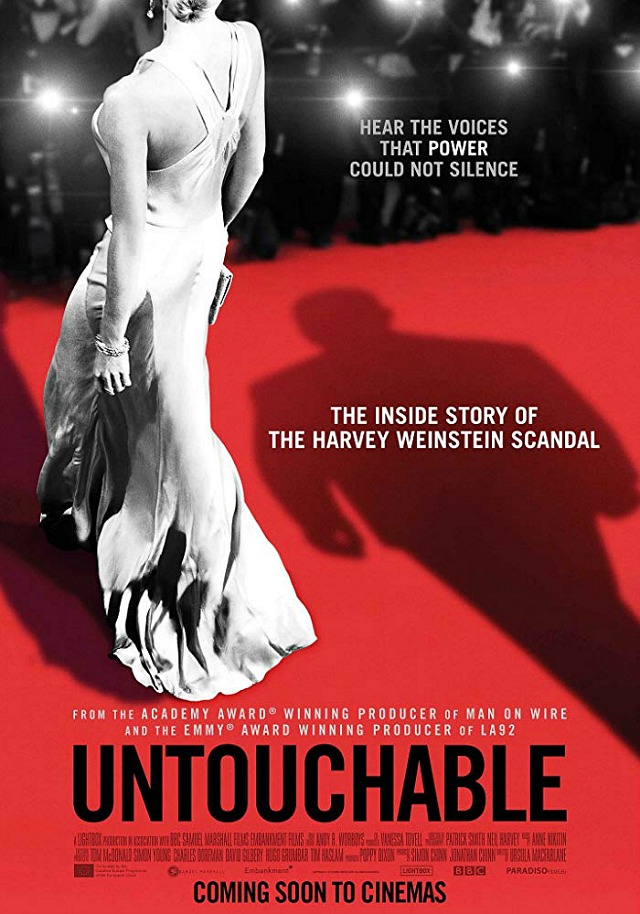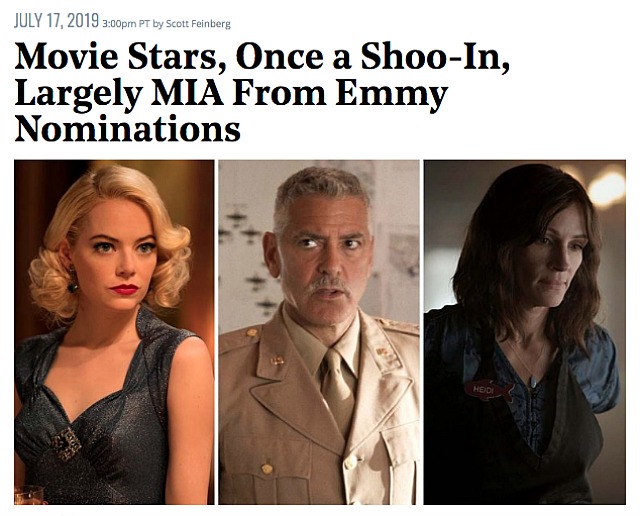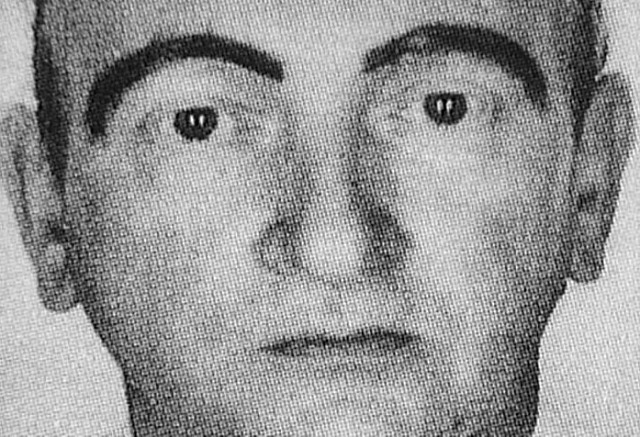If you want a short, flavorful, totally on-the-money taste of what watching certain portions of David Crosby: Remember My Name may (or may not) feel like, please watch the below video. Produced by Rolling Stone and titled “Ask Croz,” it’s just four minutes and 24 seconds of Crosby answering fan questions. What makes it whoa-level is the naked, quietly scalding, take-it-or-leave-it honesty, which is almost always abundant from Crosby but in this instance is also present in the questions.
Like a 16 year-old girl asking about her fear of death and existential gloom. Or a person worrying about a family member, incarcerated on a “bullshit” drug charge, being able to handle prison life. Or a guy who’s angry about the fact that when he and a musician friend are competing for the same girl “she always goes home with him.” Or a general question about fundamental values and what it all feels like to have death patiently waiting on your doorstep.
This warts-and-all candor is also what makes A.J. Eaton and Cameron Crowe’s documentary (Sony Pictures Classics, opening today) such a profoundly rich and transcendent film.
I’ve said this over and over but it really is the shit, this film. A lion-in-winter reflection piece…hugely emotional, meditative…about the tough stuff and the hard rain, about hurt and addiction and rage and all but destroying your life, and then coming back semi-clean and semi-restored, but without any sentimentality or gooey bullshit. An old guy admitting to each and every failing of his life without the slightest attempt to rationalize or minimize. Straight, no chaser. And hugely cleansing for that.
This movie, I swear, delivers one of the best contact highs I’ve ever experienced. By the end it makes you feel lighter, less weighed down, even if you’re 18 or 37 or whatever. We all have stuff churning inside, and we all need catharsis. It’s very rare when a film offers you this for the mere price of admission.


